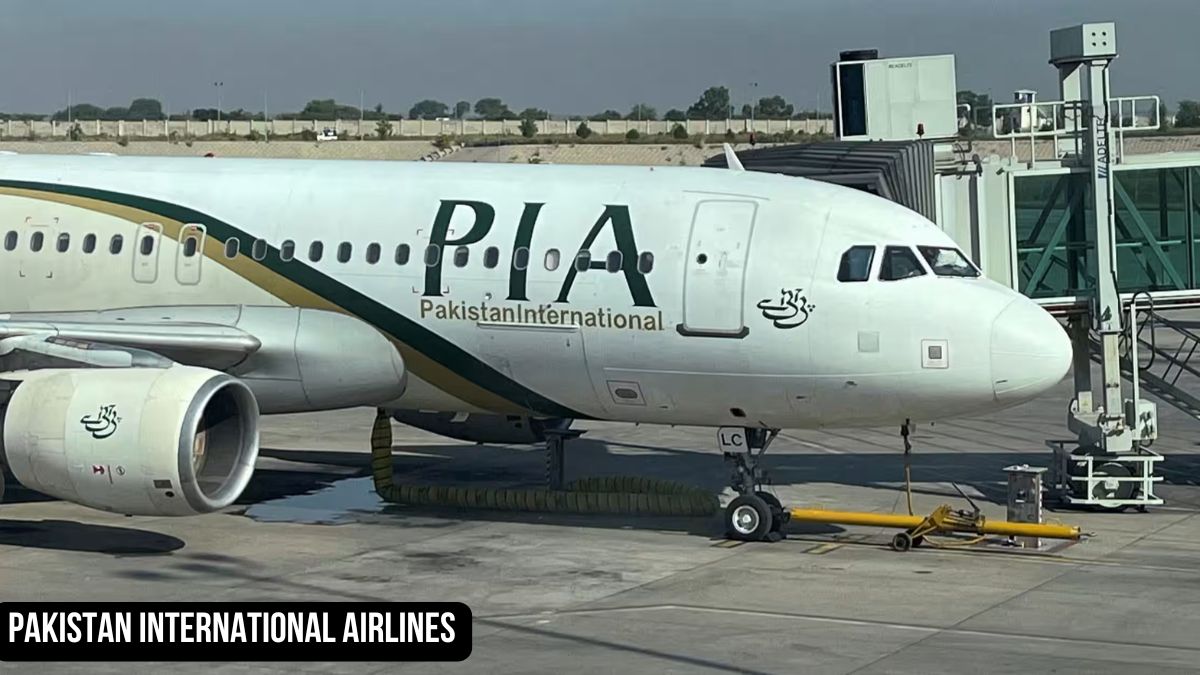
Pakistan’s efforts to privatise its struggling national airline, Pakistan International Airlines (PIA), faced a significant setback on October 31, 2024, when the sole bidder offered only PKR 10 billion (approximately $36 million) for a 60% stake. This bid is drastically below the government’s minimum asking price of PKR 85 billion (around $305 million), highlighting the challenges in attracting investment for one of the country’s most troubled state-owned enterprises.
The Bidding Process
The bidding ceremony, held in Islamabad and broadcast live on state-run television, was anticipated to draw interest from multiple parties. However, only Blue World City, a real estate development company, submitted a bid. The Pakistani government had initially pre-qualified six groups for the auction, but the other bidders failed to meet the financial requirements necessary to participate, leaving Blue World City as the only contender.
Saad Nazir, the chairman of Blue World City, stated during the event that they had assessed the government’s expectations and decided to stick with their offer. “We wish the government all the best if they don’t want to accept our bid,” Nazir remarked, indicating a lack of flexibility on their part regarding the pricing.
Economic Context
The privatisation of PIA is part of broader economic reforms tied to a $7 billion bailout agreement with the International Monetary Fund (IMF). This deal aims to help Pakistan stabilise its economy by offloading loss-making state-owned enterprises. PIA has been a significant drain on public resources, accumulating massive debts and failing to turn a profit for nearly two decades. The airline’s operational challenges include an aging fleet and ongoing bans on flights to Europe due to safety concerns related to pilot licensing issues.
The government had hoped that privatisation would alleviate some of these financial burdens. However, with such a low bid from Blue World City, it appears that potential investors remain wary of PIA’s financial health and operational viability. The airline’s assets are estimated at PKR 152 billion, yet its liabilities far exceed this figure, complicating any potential sale.
🇵🇰 Pakistan received only one bid from its shortlist for the national ✈️ airline’s stake sale.
The government aims to privatize the airline to reduce 📉 losses, seeking strategic 💵 investors to revive operations. pic.twitter.com/DG4b95hff5
— Asad Nasir (@asadnasir2000) October 30, 2024
Investor Concerns
Industry experts suggest that several factors deterred other bidders from participating in the auction. These include stringent conditions set by the government regarding tax liabilities and employee retention. Potential investors were reportedly reluctant to assume existing employee obligations or pension liabilities, which could significantly impact their profitability if they were to take over PIA.
Moreover, bidders expressed concerns about operational sustainability without substantial investments. The Pakistani government had proposed that any new owner would need to inject between $500 million and $700 million into PIA to make it viable again. This requirement likely contributed to the reluctance of other groups to engage in the bidding process.
Future Implications
The failed privatisation attempt raises questions about Pakistan’s broader strategy for reforming its state-owned enterprises. Haroon Sharif, a former member of the cabinet committee on privatisation, commented that the lack of competition during this auction indicates desperation on the part of the government. He suggested that extending the bidding deadline might have attracted more serious offers and led to a more competitive environment.
As Pakistan continues to grapple with economic challenges and seeks foreign investment, this incident underscores the difficulties faced by its state-owned enterprises in attracting private capital. With PIA being one of many loss-making entities in Pakistan—collectively incurring losses exceeding PKR 730 billion ($2.61 billion) in fiscal year 2022—the government’s privatisation agenda may face further hurdles if it cannot provide more attractive conditions for potential buyers.





